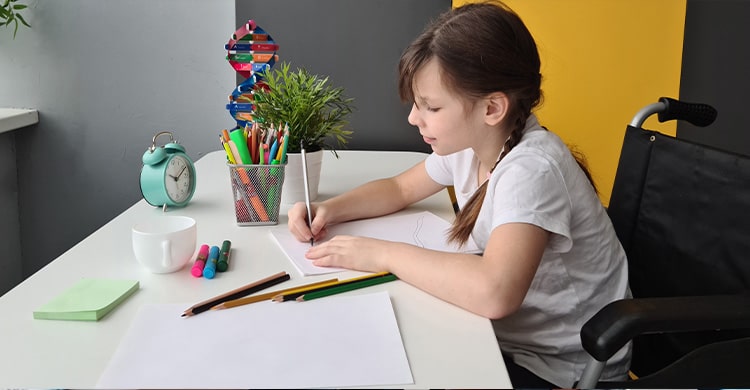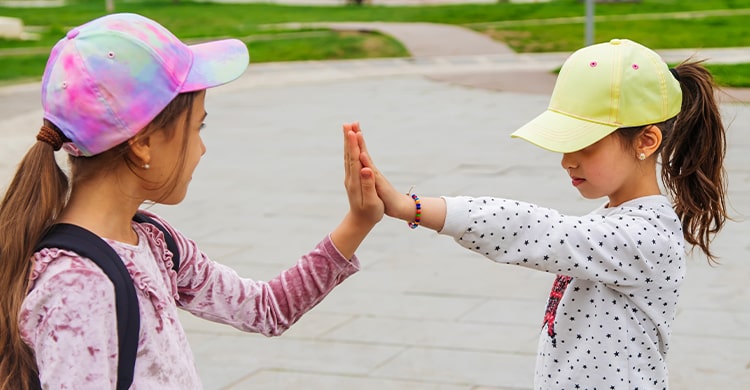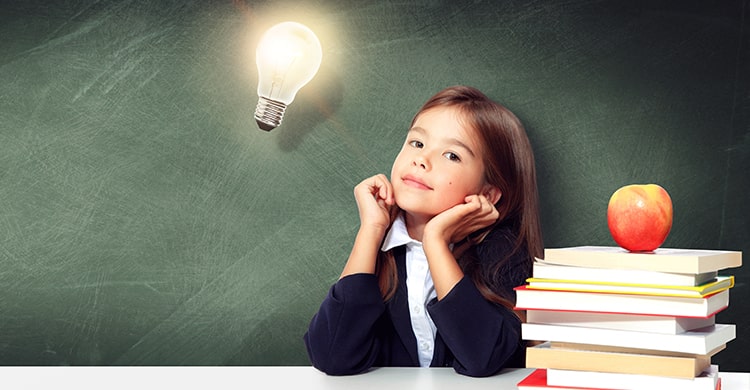Social Emotional Learning (SEL) is extremely crucial for students in the 21st century. It is now not only academics that students need to excel in, but they also need to excel in life skills, primarily including socio-emotional skills, to traverse the intricacies of relationships with ease and effectiveness. The role of parents and educators is immense in this regard, as students spend most of their time either at home or in school. In this blog, let us discuss what social-emotional learning (SEL) is and how educators and parents foster such learning in children.
What is SEL?
SEL, or Social and Emotional Learning, refers to the process through which someones acquire and efficaciously practices the know-how, attitudes, and abilities important to understand and manipulate emotions, set and earn advantageous goals, sense and show sympathy for others, set up and hold wonderful relationships, and make accountable decisions. SEL is essential for non-public and expert improvement and is frequently included in academic curricula to guide students’ usual well-being and academic achievement.
What’s The Full Form of SEL?
SEL’s full form is Social Emotional Learning. Think of it as a teaching method. It helps grow certain core abilities.
5 Important Social Emotional Learning Skills
There are five social-emotional learning competencies (SEL) that are of great significance in their own ways: Self-Awareness, Social Awareness, Self-Management, Responsible Decision Making, and Relationship Skills. Let’s discuss each one of them for better understanding.
1. Self-Awareness

The foundation of social emotional learning is laid with self-awareness. Until students are keenly aware of their own emotions and the way those emotions impact their behaviour and interactions with others, it is not easy for them to regulate their emotions according to the situation. Self-awareness comes with reflection, encouragement, and insight, and once it is gained, self-awareness not only enhances the decision-making and problem-solving skills of students but also helps them in emotional regulation.
2. Social Awareness
Humans are social animals, yes, but not every individual understands social cues or the norms that create a culture with the same effectiveness. This is to say that any social emotional learning curriculum has to focus on expanding the social awareness of children. Social awareness facilitates their understanding of diverse individuals with diverse backgrounds and thus promotes empathy, compassion, and kindness in interpersonal connections, keeping them healthy as well as harmonious. In essence, social awareness is the key to making this world a better place to live in.

3. Self-Management

Social emotional learning activities should focus on self-management. This is because self-awareness and social awareness simply lay the groundwork for healthier patterns in the context of interpersonal relationships. However, awareness does not ensure per se that students are able to manage and regulate their emotions. For that, they need to practise self management and learn various coping mechanisms and techniques to make that possible. Goals have to be set in both the personal and the professional sphere, and resilience has to be demonstrated in challenging situations.
4. Responsible Decision-Making
After students understand what is social emotional learning, what is its significance, and how to manage their emotions and behaviour, the next step for them is to understand the significance of responsible decision-making. Decision-making is one of the five key competencies in the socio-emotional sphere. It not only cultivates a sense of autonomy and independence in students but also helps them resolve conflicts in an effective manner and foster an environment of respect and positivity.

5. Relationship Skills

How social emotional learning activities are aimed primarily at enhancing the relationship skills of students. Whether it is about a relationship with oneself or it is about a relationship with others, relationship skills help students form meaningful and supportive connections and traverse the dynamics of mind and society with success. Such skills make cooperation and collaboration possible, and thus also pave the way for the creation of an inclusive world. Any social-emotional learning curriculum should take care of these five socio-emotional learning competencies just explored.
How Can Parents Support Their Child With Social Emotional Learning at Home?
Children spend most of their time at home, so parents have a significant role to play when it comes to enhancing their socio-emotional intelligence. Since they are their children’s role models, it is crucial for them to lead by example. Parents should demonstrate self-management and conflict-resolution skills and also encourage their children to reflect and learn from their experiences.
Recommended Reads:
- What’s The Importance of Group Discussion for Students?
- What Should Have Amenities in CBSE Board School?
- How to Find Which is The Best School in India?
- A Holistic Approach to Education for High School Students
Social Emotional Learning Programs
Social Emotional Learning programs teach everyone vital skills for life. They help in learning a person about themselves, their feelings, understanding of others, building good relationships, and making smart decisions. By doing SEL activities, one can get better at handling their feelings. It teaches the art of building great friendships and it makes us wiser about decision-making. SEL plans help people of all ages – young kids to grown-up adults. By using this each day, and in lessons at schools, students will become wiser about their emotions. They will get better at dealing with people and will create a happier and friendly space for everyone.
Some Important Social Emotional Learning Activities PDF
Looking for Social Emotional Learning Activities PDF? Well, that’s a good place for educators and parents to start and take some practical steps to nurture social and emotional intelligence in children. There is a multitude of sources available online and offline just a good search is needed for the adventure to begin.
Conclusion
Socio-emotional learning has to be prioritised for students in the teaching and parenting approaches more than ever. It not only proves beneficial for their interpersonal connections but also helps them build a healthy relationship with their own emotions and do well in the intrapersonal sphere. The role of education is thus expanding at a rapid pace, and parents and educators have an integral part to play in taking children towards future success in this interconnected world.
